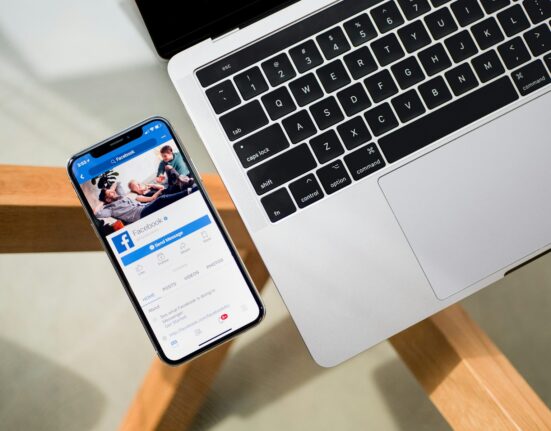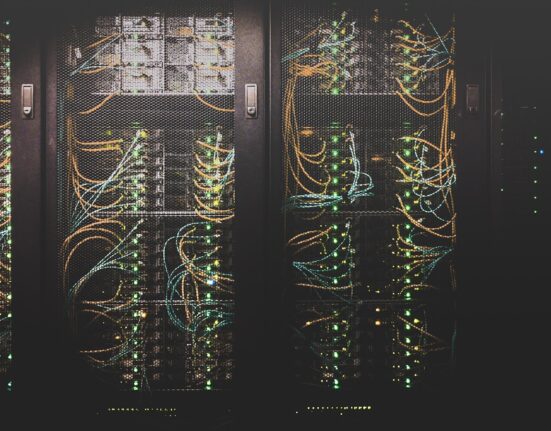In the ever-evolving landscape of nonprofit organizations, effective management tools are more crucial than ever. Customer Relationship Management (CRM) systems have become indispensable resources for NGOs, enabling them to streamline operations, enhance donor engagement, and drive their missions forward. These platforms help manage interactions with supporters, volunteers, and beneficiaries — ultimately fostering stronger relationships and better results.
Why CRM Systems Matter for NGOs
With growing competition for donor attention and funding, NGOs must adopt strategies that allow them to stand out and connect meaningfully with their audience. A well-implemented CRM system offers valuable insights into donor behavior, preferences, and engagement patterns, enabling organizations to tailor outreach and fundraising efforts effectively.
The right CRM isn’t a luxury—it’s a necessity for nonprofits aiming to maximize their impact.
Key Features to Look for in NGO CRM Systems
When selecting a CRM for an NGO, it’s important to focus on features that address nonprofit-specific needs:
- Donor Management: Track donations, manage donor profiles, and analyze giving trends over time. Identify major donors and develop targeted fundraising strategies.
- Communication Management: Facilitate email campaigns, automate follow-ups, and personalize donor outreach to keep supporters engaged and appreciated.
- Social Media Integration: Expand your reach and visibility by connecting CRM activities with social platforms.
- Reporting and Analytics: Access customizable dashboards to measure campaign success and donor retention.
- Scalability and Ease of Use: Ensure the CRM grows with your organization and is user-friendly for your staff.
Top CRM Systems Popular with NGOs
Salesforce for Nonprofits
Salesforce offers a comprehensive suite tailored for nonprofits, with customizable dashboards and powerful reporting tools. It integrates with a variety of applications, making it highly versatile for different organizational needs.
Bloomerang
Focused on donor retention and engagement, Bloomerang’s intuitive interface simplifies donor management. Its unique donor retention score helps NGOs understand and improve supporter relationships—key in reducing costly donor acquisition.
DonorPerfect
Known for affordability and ease of use, DonorPerfect offers core features for tracking donations and communications, ideal for smaller or mid-sized NGOs.
HubSpot CRM
HubSpot provides a free basic version with options to upgrade as your needs expand, offering flexibility for NGOs starting small but aiming for growth.
Comparing CRM Systems: What to Consider
When choosing a CRM, NGOs should weigh:
- Cost: Balance features against budget. Advanced platforms may be costlier but offer more customization.
- Ease of Use: Consider your team’s technical skills. A steep learning curve can delay adoption.
- Scalability: Choose a system that adapts as your organization grows.
- Customer Support: Reliable support is essential for troubleshooting and maximizing use.
Real-World Success Stories
- Charity: Water implemented Salesforce to streamline donor management and tailor fundraising campaigns, resulting in increased donor retention and contributions.
- American Red Cross uses Microsoft Dynamics 365 to coordinate volunteer efforts, track donations, and manage disaster responses more effectively, improving operational efficiency and emergency responsiveness.
Tips for Implementing CRM Systems in NGOs
Successful CRM adoption requires planning and involvement:
- Engage Key Stakeholders: Involve staff who will use the system daily to ensure features meet real needs.
- Comprehensive Training: Provide ongoing training on both technical use and best data management practices.
- Collaborative Adoption: Encourage team buy-in to increase usage and data quality.
Best Practices for Managing Donor Relationships
- Maintain Clean Data: Regularly update donor information to avoid errors or missed communications.
- Segment Donors: Group supporters by giving history, interests, or demographics to tailor outreach effectively.
- Personalize Communication: Customize messages to resonate with different donor segments, enhancing engagement and loyalty.
Conclusion
CRM systems are vital tools for NGOs looking to improve operational efficiency and strengthen donor relationships. By selecting the right system, prioritizing essential nonprofit features, and committing to thoughtful implementation and ongoing training, organizations can unlock the full potential of their donor management efforts.
The result? Stronger connections with supporters and a greater impact in the communities they serve.










